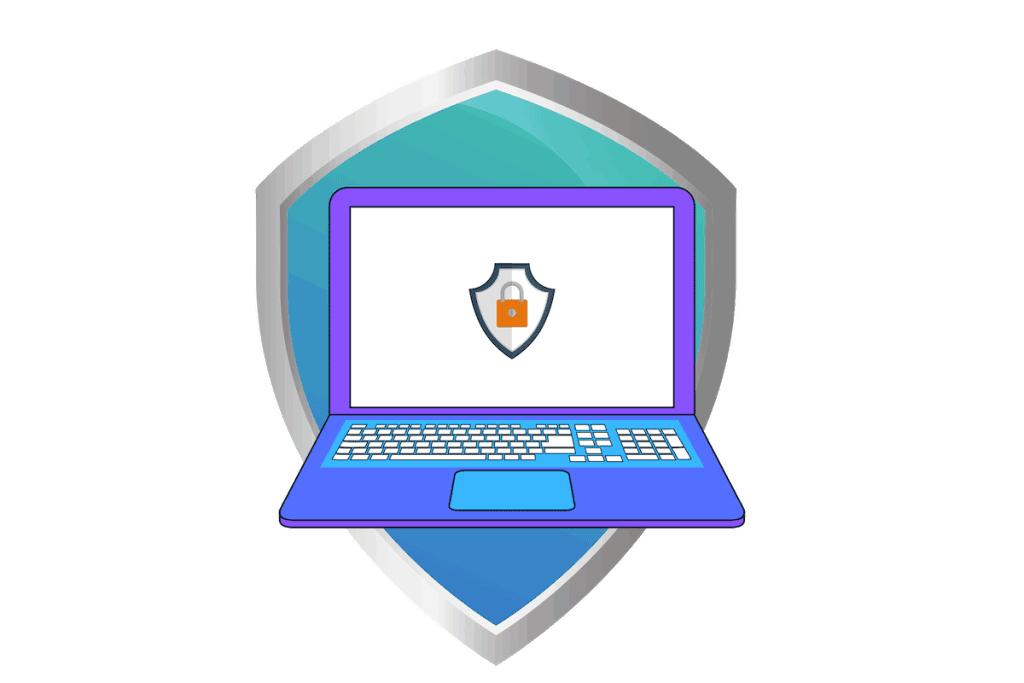The issue of data security has been a long and complicated one. People have reported that accounts got hacked, money was stolen, and info got leaked. So, how to improve your website security?

Quick ways to boost website security
Have your directories protected with passwords
If you saved a file directory on your site server, then, that should remain private. Don’t let hackers take a sneak peek of the directory. Only trust your closest colleagues to take a glance or update them.
Even if you don’t, try having your directories password-protected. That way, no hacker can access it and make modifications to your site.
Hide your directory listings
If your website doesn’t have a recognized file such as default.htm or index.php, it’ll show all files instead of on your directory folder. And that can compromise your website security.
To protect your files, you must create a blank document and name it as index.htm, before uploading it to the folder. You can also disable the directory listing so that users can only see a 403 error instead of your files.
Delete installed files
Installing new scripts to your website can leave your site open to hackers. If somebody knows or is familiar with those scripts and codes, they can seemingly run those and wipe out clean your database.
If you’re planning to install new scripts to your site, just delete them afterward.
Always install new security updates
Your old security software can’t protect your from new threats. You need to check and update yourself with the latest security packages to prevent spam, malware, and identity thefts from ruining your website.
Website security updates can close any loophole hackers can try to get around your website.
Secure forms
Forms, if not properly coded, can have hackers penetrate your website. As you can see, forms are submitted with scripts to your server and will access your database. If they’re not protected, chances are, your files will leak, and some interested thefts can take a hold of them.
To prevent thieves from stealing info, use maxlength attribute and form validation. Also, try to avoid SQL injection and hide emails if possible.
Website security isn’t just about apps and regular maintenance of the site. It also involves proper coding and configuring.

How can we help you?
Software needs updating, including the ones that power your website. A lot of websites are getting hacked including established and small businesses. Unfortunately, websites are an easy target.
We have website care plans that offer web checkups and updates for advance security and protection 24/7. This includes a daily backup of the database, weekly backup of complete files website/hosting, monthly performance and issue reporting, and installation of security plugins.




